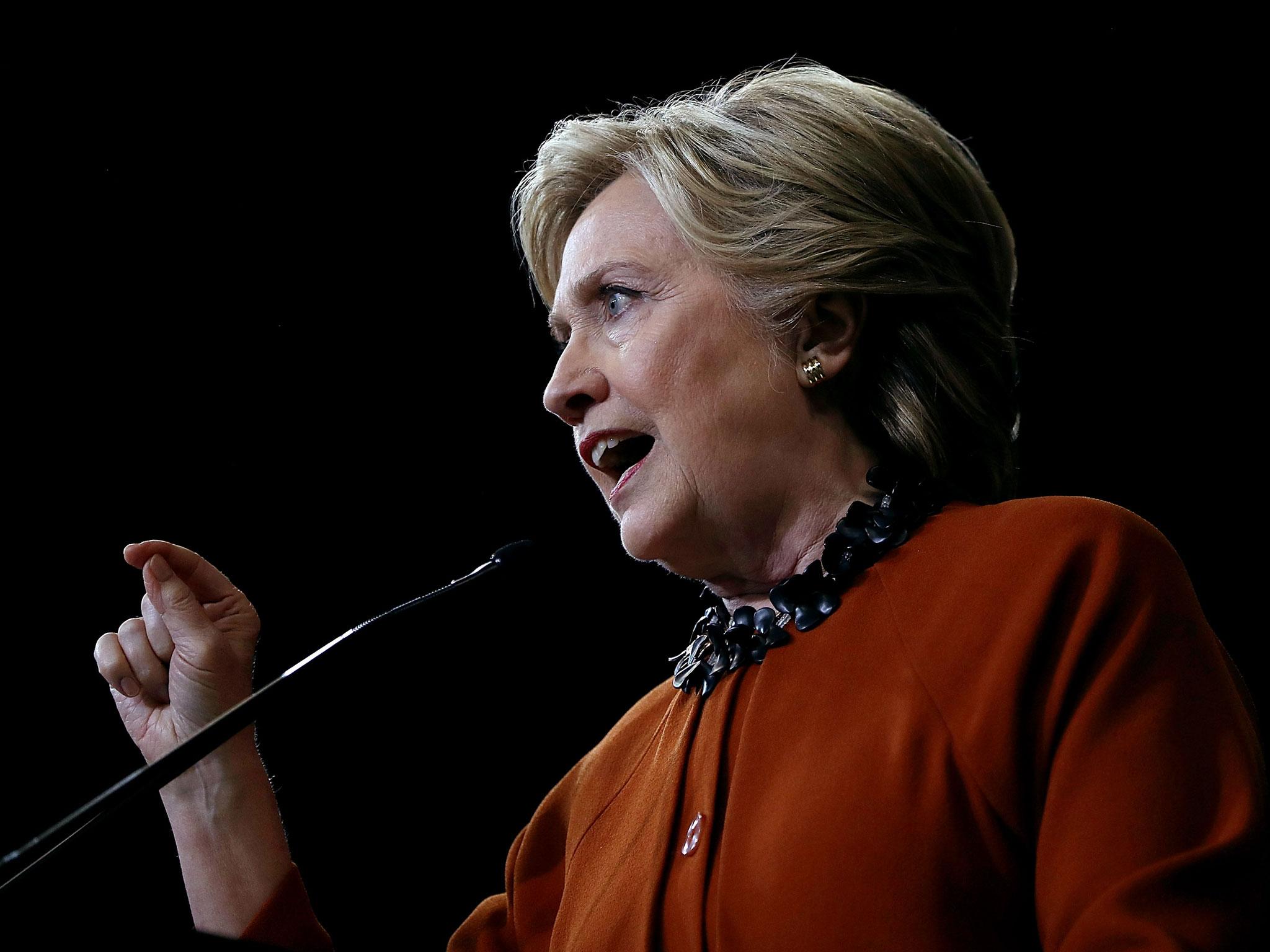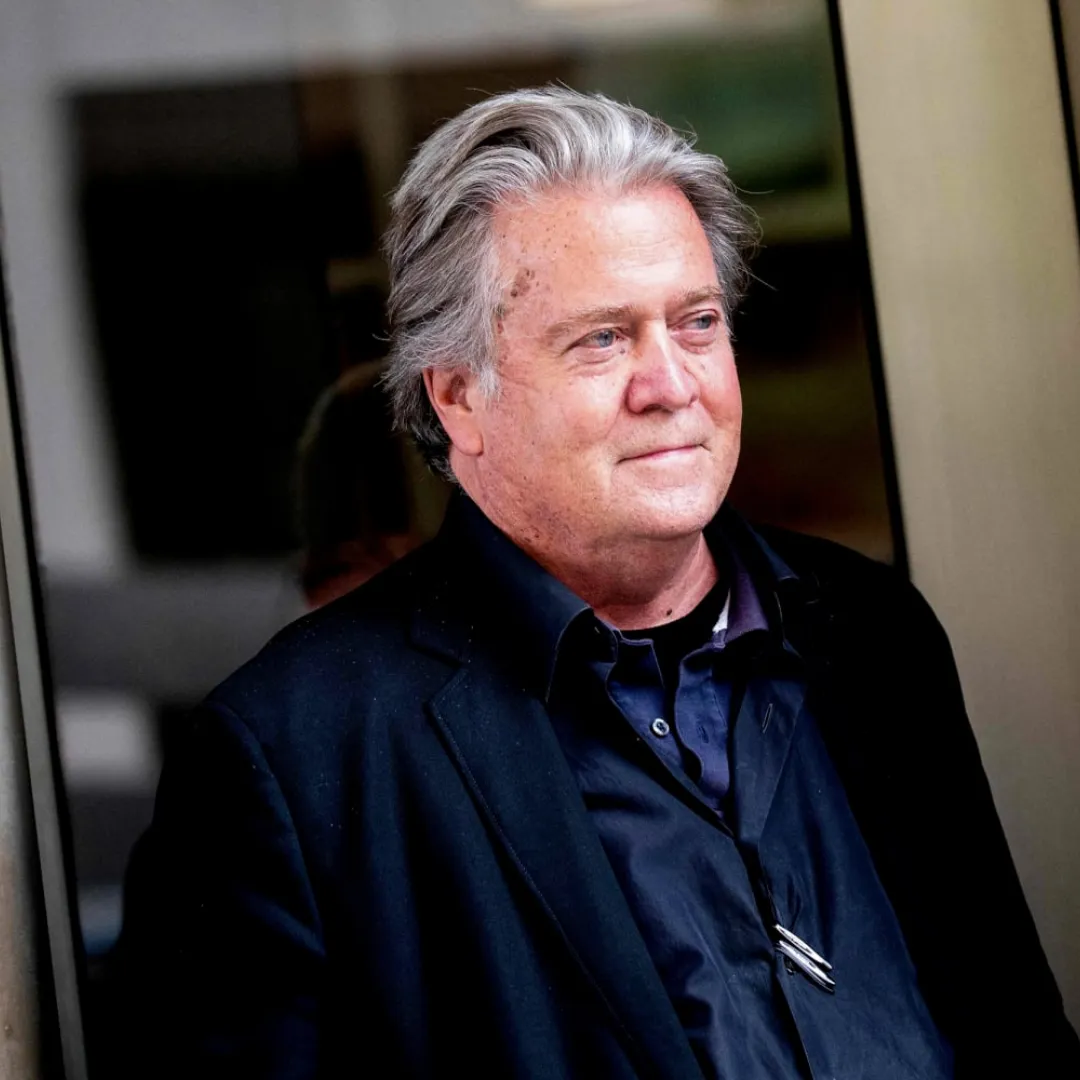
A significant development has unfolded within the U.S. federal law enforcement landscape. The Federal Bureau of Investigation (FBI), under the leadership of its newly appointed Director Kash Patel, has discreetly launched an expansive probe into what insiders describe as a decade of alleged election meddling by Democratic operatives and segments of the intelligence community.
This investigation, first detailed in a Monday report by Just the News, targets a range of activities spanning from the contentious Russia collusion narrative to the high-profile prosecutions led by Special Counsel Jack Smith.
The inquiry aims to ascertain whether these incidents represent a coordinated strategy to sway three U.S. presidential elections in favor of Democratic candidates while undermining President Donald Trump.
The investigation, dubbed a “grand conspiracy” case, was initiated several weeks ago following Patel’s appointment as FBI Director. Sources with direct knowledge, speaking to Just the News, suggest that the probe could escalate significantly if Trump opts to declassify two critical sets of classified evidence.
These documents are believed to pinpoint the origins of the alleged scheme to the summer of 2016, a pivotal period during Trump’s initial presidential campaign.
The first set originates from a classified annex tied to an inspector general’s investigation into Hillary Clinton’s use of a private email server, secured at the behest of Senate Judiciary Committee Chairman Chuck Grassley.
This annex is said to contain evidence that the FBI may have intentionally disregarded credible accusations of misconduct. The second, referred to as the “Clinton plan intelligence” in Special Counsel John Durham’s final Russiagate report, remains locked in a classified annex, inaccessible to the public and most congressional members, according to the outlet.
This investigative effort builds on recent criticisms from CIA Director John Ratcliffe, who earlier this month released a scathing assessment of the intelligence community’s handling of Russian interference in the 2016 election.
Ratcliffe’s report specifically targeted former CIA Director John Brennan, accusing him of prioritizing narrative alignment over analytical rigor by endorsing the FBI’s decision to integrate the discredited Steele dossier—compiled by ex-British spy Christopher Steele—into official intelligence assessments.
Ratcliffe took to social media to underscore his findings, labeling the anti-Trump campaign an “atypical & corrupt process” influenced by the politically charged leadership of Brennan and former FBI Director James Comey.
This critique has fueled speculation about the integrity of past intelligence operations and their potential political motivations.
Should Trump authorize the release of the Grassley and Durham annexes, prosecutors could leverage this material before a grand jury to demonstrate a systematic pattern.
The alleged pattern involves the FBI and intelligence agencies suppressing evidence detrimental to Democrats while relentlessly pursuing unsubstantiated claims against Trump.
This approach could reshape the narrative around past investigations, casting them as part of a broader conspiracy rather than isolated incidents. Just the News highlighted that such a move might provide the evidentiary foundation needed to substantiate the current probe’s scope.
In a parallel development, Trump administration officials are exploring the appointment of a special prosecutor to delve into additional allegations of election interference.
Reports from Just the News indicate that the FBI received human-source intelligence and corroborating evidence suggesting that China orchestrated a scheme involving fake mail-in ballots to support Joe Biden’s 2020 victory.

Shockingly, the FBI is said to have neither investigated this tip nor preserved the evidence, instead recalling it and directing its destruction. With the five-year statute of limitations on this allegation nearing its end—set to expire weeks after the evidence surfaced in August 2020—any legal action faces a tight deadline.
This revelation has raised questions about the FBI’s handling of politically sensitive intelligence and its implications for electoral integrity.
To navigate the constraints of statutes of limitations, Patel’s FBI has adopted a broad “grand conspiracy” framework. This strategy treats disparate incidents—such as the Russia collusion probe, the Clinton email investigation, and Smith’s prosecutions—as components of an ongoing scheme or potential racketeering enterprise.
By doing so, the investigation seeks to connect recent alleged offenses with older events, thereby extending the window for prosecution. This approach not only circumvents legal time barriers but also opens the door for a special prosecutor to build a comprehensive case against those implicated.
A key tactical consideration in this investigation is the selection of a jurisdiction for a grand jury. Washington, D.C., where jury pools have consistently shown reluctance to convict individuals targeting Trump, is likely to be avoided.
The district has never supported a Republican presidential candidate, with the closest historical margin occurring in 1972 when Richard Nixon garnered 21.56% of the vote.
In the most recent election, 92.1% of D.C. ballots opposed Trump, reflecting a deeply entrenched partisan lean. This bias has prompted consideration of alternative venues, with Florida emerging as a frontrunner.
The state’s relevance stems from Special Counsel Jack Smith’s 2022 Mar-a-Lago raid and the subsequent classified documents case against Trump, which was ultimately dismissed by a federal judge.

A former federal prosecutor consulted by Trump administration officials told Just the News, “Florida is an intriguing option because overt acts of the alleged conspiracy occurred there and are still inside the statute of limitations.”
The probe’s focus on a decade-long timeline encompasses several contentious episodes. The Russia collusion narrative, which dominated Trump’s first term, originated with the FBI’s Crossfire Hurricane investigation in 2016, fueled in part by the Steele dossier funded by the Clinton campaign and the Democratic National Committee.
Special Counsel Robert Mueller’s 2019 report found no evidence of criminal coordination between Trump’s campaign and Russia, though it did not resolve questions of obstruction.
Subsequent reviews, including Durham’s report, suggested that U.S. intelligence agencies were aware of the dossier’s dubious origins yet proceeded with the investigation, raising concerns about political bias.
The Jack Smith prosecutions, targeting Trump’s handling of classified documents and alleged efforts to overturn the 2020 election, further intensified scrutiny of the justice system’s impartiality, particularly after their dismissal following Trump’s 2024 reelection.
The involvement of high-profile figures like Brennan and Comey adds a layer of complexity. Brennan’s role in overseeing the 2016 intelligence assessment and Comey’s leadership during the FBI’s early Trump-Russia probe have come under renewed scrutiny, with Ratcliffe’s report and ongoing FBI investigations hinting at potential misconduct.
The “Clinton plan intelligence” referenced in Durham’s report allegedly details how Clinton’s campaign concocted the Russia collusion narrative to damage Trump’s electoral prospects, a claim that could substantiate the conspiracy theory if declassified.
Meanwhile, the alleged Chinese interference in 2020, if proven, would mark a significant escalation in foreign election meddling allegations, challenging the FBI’s credibility further.

Public and political reactions to this investigation are likely to be polarized. Trump supporters may view it as a long-overdue reckoning for perceived injustices, while Democrats and their allies could decry it as a politically motivated witch hunt.
The consideration of a special prosecutor, a role that requires Senate confirmation under Department of Justice policy, adds another hurdle. Finding a suitable candidate willing to navigate this contentious terrain will be critical, especially given the precedent set by Smith’s appointment, which faced legal challenges over its legitimacy.
The jurisdictional choice of Florida could prove strategic. The state’s political landscape, while competitive, has shown receptiveness to Trump, with him winning it in both 2016 and 2020.
The Mar-a-Lago case, though dismissed, left a footprint that could be leveraged to argue local relevance. However, assembling an impartial jury in any jurisdiction will be challenging, given the national polarization surrounding Trump and the intelligence community.
Legal experts offer mixed assessments. Some argue that the “grand conspiracy” approach, while innovative, may struggle to meet the evidentiary threshold for a racketeering charge under the Racketeer Influenced and Corrupt Organizations Act (RICO), which requires a pattern of racketeering activity.
Others contend that declassifying the annexes could provide the necessary documentation, though it risks exposing sensitive intelligence methods. The destruction of the China-related evidence poses a separate legal quandary, potentially violating FBI protocols and opening the door to charges of obstruction, though the statute of limitations complicates prosecution.
The international dimension cannot be overlooked. Allegations of Chinese interference, if substantiated, could strain U.S.-China relations, already tense over trade and technology disputes.
Russia’s role in 2016, while acknowledged, remains a point of contention, with Ratcliffe’s critique suggesting a need to reassess past conclusions. This investigation could thus influence global perceptions of U.S. electoral integrity and intelligence reliability.

For Trump, this probe offers a chance to reshape his narrative, portraying himself as a victim of systemic bias. His administration’s willingness to pursue it reflects a broader agenda of accountability, though it risks escalating political tensions.
For the FBI and intelligence community, the outcome could redefine their operational credibility, particularly under Patel’s leadership, known for his loyalty to Trump.
In conclusion, the FBI’s “grand conspiracy” investigation into a decade of alleged Democratic-led election interference marks a pivotal moment in American political and legal history.
Spanning the Russia collusion saga, the Clinton email probe, Smith’s prosecutions, and potential Chinese meddling, the inquiry seeks to uncover a coordinated effort to benefit Democrats and harm Trump.
With classified evidence, jurisdictional strategies, and a special prosecutor in play, the probe’s trajectory hinges on declassification decisions and legal maneuvers.
As it unfolds, it promises to test the boundaries of justice, politics, and public trust, with implications that could resonate through the 2026 midterms and beyond, shaping the nation’s democratic framework in an era of heightened division.

-1750581496-q80.webp)


